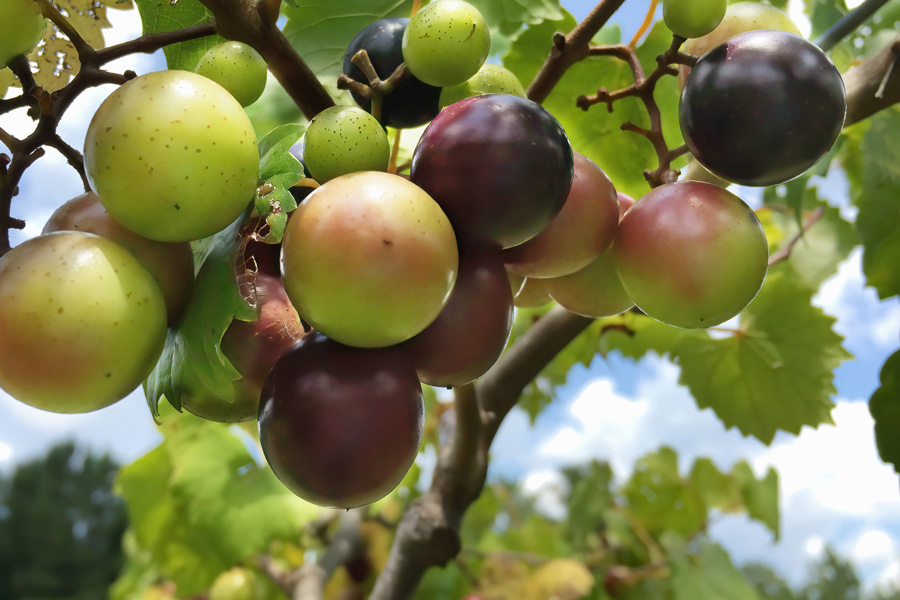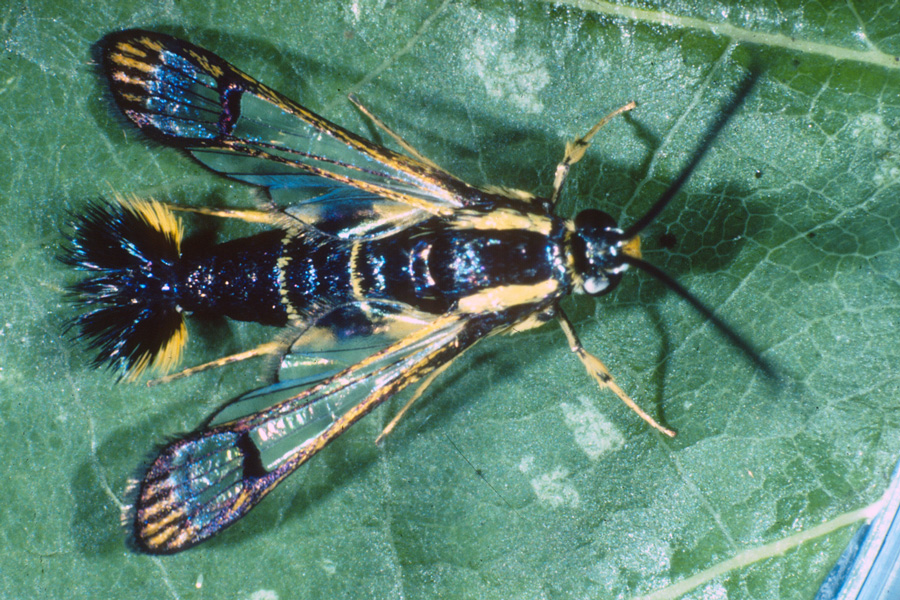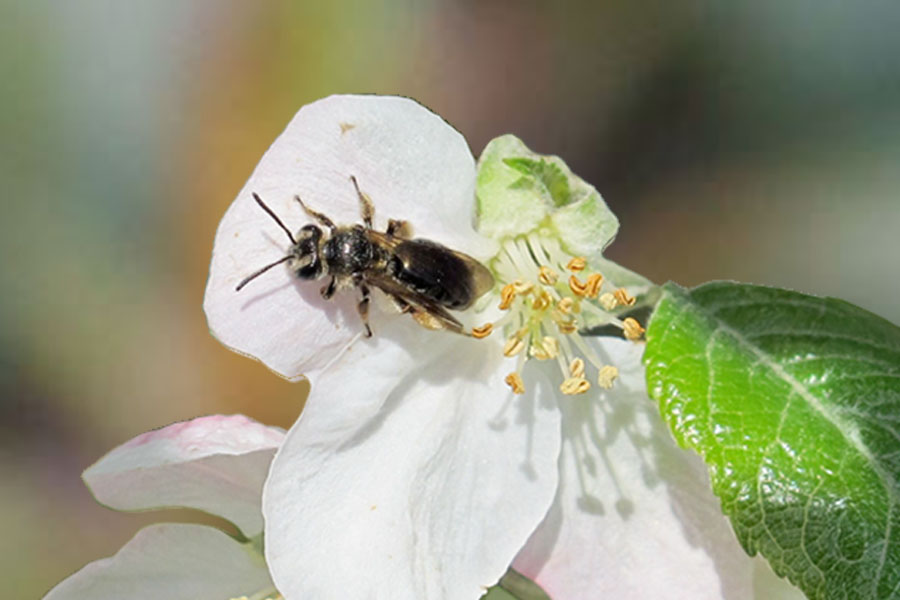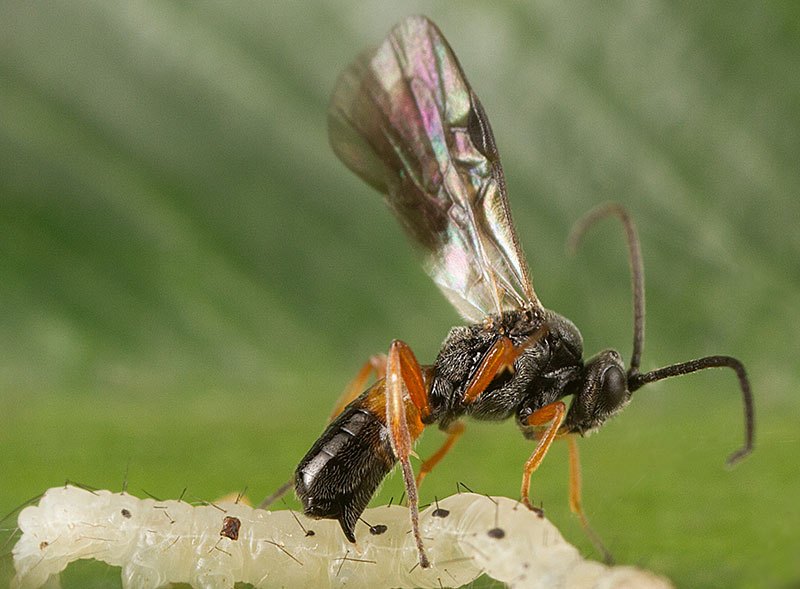
Scale insects are common pests of landscape trees and shrubs that are often overlooked when scouting. Scales can be responsible for chlorosis, branch die-back, and ultimately, plant death. Scales are broadly categorized as either soft scales or armored scales. Soft scales produce a soft, cottony, powdery, or waxy substance that cannot be separated from the scale body. Common soft scales in Georgia include Indian wax scales, Florida wax scales, brown soft scales, oak lecanium scales, magnolia scales, cottony maple scales, cottony camellia scales, cottony cushion scales, and azalea bark scales. Armored scales have a hard, shield-like cover that is not attached to the body of the insect. Common armored scales in Georgia include tea scales, euonymus scales, obscure scales, false oleander scales, juniper scales, and gloomy scales.

Published by University of Georgia Cooperative Extension. For more information or guidance, contact your local Extension office.
The University of Georgia College of Agricultural and Environmental Sciences (working cooperatively with Fort Valley State University, the U.S. Department of Agriculture, and the counties of Georgia) offers its educational programs, assistance, and materials to all people without regard to age, color, disability, genetic information, national origin, race, religion, sex, or veteran status, and is an Equal Opportunity Institution.
Status and Revision History
- Published on April 3, 2020
What is a Circular?
Circulars are more focused than Bulletins and will discuss one subject in a limited form.
Written and Reviewed by Experts
This resource was written and reviewed by experts. Click below for more information on how we produce science you can trust.






